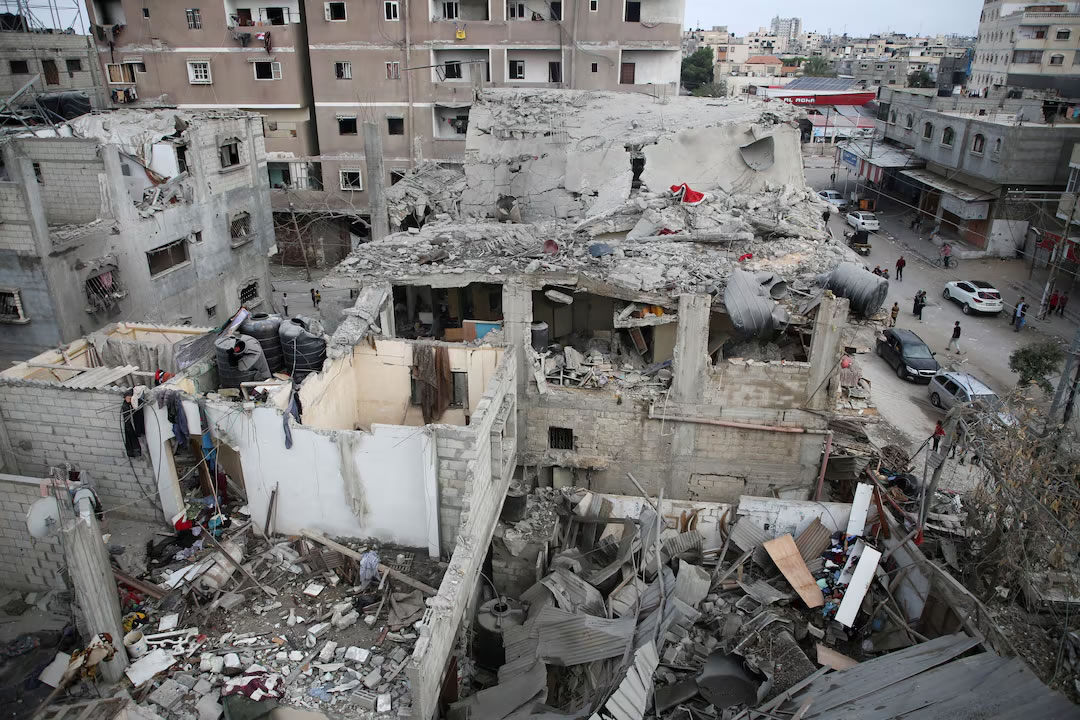The conflict was triggered by an attack by Hamas militants on Israel on Oct. 7 in which they killed 1,200 people and took 253 hostage, according to Israeli tallies.
An assault on Rafah, which Israel says is the last Hamas stronghold in the Gaza Strip, has been anticipated for weeks but foreign governments and the United Nations have expressed concern that such action could result in a humanitarian disaster given the number of displaced people crammed into the area.
On Sunday, Hamas officials said a delegation led by Khalil Al-Hayya, the group’s deputy Gaza chief, would discuss a ceasefire proposal handed by Hamas to mediators from Qatar and Egypt, as well as Israel’s response. Mediators, backed by the United States, have stepped up their efforts to conclude a deal.
Two Hamas officials who spoke to Reuters did not disclose details of the latest proposals, but a source briefed on the talks told Reuters that Hamas is expected to respond to Israel’s latest truce proposal delivered on Saturday.
The source said this included an agreement to accept the release of fewer than 40 hostages in exchange for releasing Palestinians held in Israeli jails, and to a second phase of a truce that includes a “period of sustained calm” – Israel’s compromise response to a Hamas demand for a permanent ceasefire.
After the first phase, Israel would allow free movement between south and north Gaza and a partial withdrawal of Israeli troops from Gaza, the source said.
A senior Hamas official told Reuters the Monday talks in Cairo will take place between the Hamas delegation and the Qatari and the Egyptian mediators to discuss remarks the group has made over the Israeli response to its recent proposal.
“Hamas has some questions and inquires over the Israeli response to its proposal, which the movement received from mediators on Friday,” the official told Reuters.
Those comments suggested Hamas may not hand an instant response to mediators over Israel’s latest proposal.
Meanwhile, at a hospital in Rafah, relatives of those killed by the Israeli strikes came to take the bodies away for burial. Women and men cried as they paid farewell to the slain relatives wrapped in white and black shrouds.
“His name is Deif-Allah (meaning guest in Arabic) and he was indeed a guest. He came as a guest after (his parents) longed for (him) for so long, after 10 years,” said Abu Taha holding the body of his baby boy, wrapped in a white shroud, in his arms.
“Ten people (were killed), the mother, her daughter, her granddaughters, her grandson, her son-in-law, their daughters and relatives, everyone. They’re all gone, all 10 of them,” Abu Taha said.


+ There are no comments
Add yours